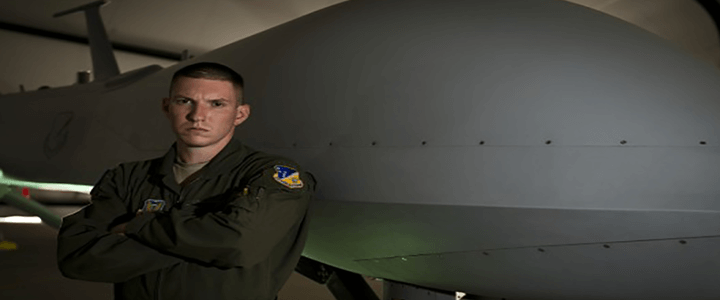The below story was shared by a ClearanceJobs reader who has worked in and around the government for two decades. Care to share your personal security clearance experience? Email lindy.kyzer@clearancejobs.com.
If you are looking into getting a government clearance, whether it’s Top Secret (TS) or Secret (S), it can be an overwhelming experience. The government vets potential candidates for classified access via a thorough and sometimes long process. There is also a cost to obtain a clearance, although you aren’t required to pay for it. The government agencies that handle the processing of a clearance and the investigation into your background will bear the cost. So what is it like going through a clearance process? I’m going to offer up my personal experience in hopes it will give you an idea of what to expect. Although not everyone shares my exact circumstances, hopefully you can relate on some level.
Why I Needed a Clearance
I enlisted in the U.S. Air Force and my job was as an intelligence analyst, which required me to obtain and maintain a top secret government clearance. At first, I was a little concerned about how the process would go. I expected to have government agents in black suits and dark sunglasses interrogate me for hours about my life. It was far from that. It started out with meeting a background investigator and having them explain the process to me. I had to fill out a security form, the SF-86, which is essentially your life on paper. You’re expected to put down every place you’ve worked (including your supervisor’s names), every place you’ve ever lived and who lived with you at those addresses, just about your entire family tree including close friends who will be character references. Additionally, you will sign a medical information release form, and a financial disclosure worksheet to include a release of credit history form. To be honest, I felt completely violated and was convinced I would be handcuffed and walked out of the Air Force completely. Turns out, it wasn’t that bad.
How Long the security clearance Took
The length of your clearance process varies completely based on each individual’s information. For me, it took almost a year and a half to finally be briefed into TS access and granted a full clearance. Don’t be dismayed by my timeline, there’s a reason it took me so long. First off, my Dad was born in Zambia, Africa, and although he became a naturalized U.S. citizen years before I was born, his entire family is spread all over the globe. I have uncles in Africa, Canada and England, and an aunt in Italy. My dad is the only one who became a U.S. citizen, so there was a lot of investigating to do and lots of questions. To make matters worse, 10 years from the time I had enlisted in the Air Force, I had moved at least 8 times. Eight different addresses in 10 years. The National Background Investigations Bureau (NBIB) has to investigate every one of those addresses and the people that knew you during the time you lived there. Depending on your circumstances going back 10 years from the time you apply for a clearance, it could take a long time or a relatively short time for the clearance to be granted.
The Security Clearance Polygraph
What I thought was the most crucial part of the clearance process was the polygraph. If you are being sponsored for a government clearance, you will get polygraphed. My number one tip for anyone preparing to take a polygraph is this… don’t prepare! If you are being 100% honest you have nothing to worry about. Another tip would be, don’t listen to all those “polygraph experts” out there. My wife’s grandfather was a polygrapher at one point in his life, even appearing on the Sally Jesse Raphael and Maury Povich shows to do polygraphs. He told me all kinds of stories about what I needed to do, and what not to eat or drink before, etc, etc. It’s just not necessary to prepare… if anything, get a good night’s sleep and have a good breakfast.
There are two types of polygraphs, the counterintelligence (CI) polygraph and the lifestyle/full scope polygraph. Which exam you get to take depends on your job and the agency you will be working at. I’ve taken both the CI and the lifestyle poly. The main difference between the two are the types of things they ask you about. In the CI poly, it is strictly questions about your history with the government and who you keep in close contact with (I can’t divulge all the questions; I believe it’s against the law). On the lifestyle exam you will be asked questions about – your lifestyle. The questions are of a much more personal nature and can be quite shocking. Let’s just say, my sister-in-law, who I’m sure has never done anything illegal or strange in her life, left the exam room crying. It didn’t seem to bother me much, it was more puzzling than anything. Whatever you do, just tell the truth. It’s likely you’ve done something dumb in your youth; just be honest about it, they likely already know the answer when they ask you.
security clearance Adjudication
After the investigation was complete, I was told the central adjudication office for the Department of Defense had adjudicated my clearance. Meaning, I was good to go for the next 5 years. What a sigh of relief, it was the first of four investigations that I’ve gone through over the past 20 years, and I’ve been successfully adjudicated every time. That being said, my most recent 5 year periodic reinvestigation was a nightmare.




